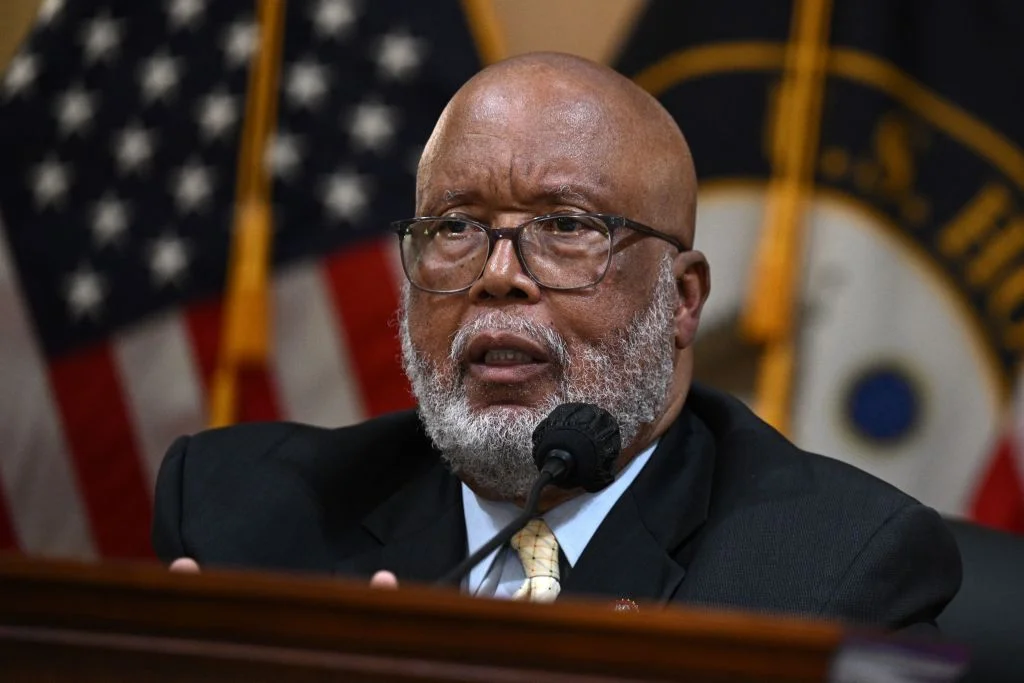Federal lawmakers took a closer look at Jackson’s water and sewer issues that have led to recent federal and state intervention.
Unfunded infrastructure mandates, environmental justice, water equity, and climate change were among the topics discussed Wednesday during a Congressional Homeland Security Committee hearing, with Jackson’s water crisis at the center of the discussion.
Led by Rep. Bennie Thompson, D-Mississippi, the hearing focused on what is needed for cities like Jackson to be prepared for future infrastructure issues rather than just focusing on fixing the problem at hand.
In the courts:Class-action lawsuit brought against Jackson regarding water crisis
He emphasized the nation is suffering simultaneous disasters, from the wildfires in the western U.S. to the typhoon in Alaska and the hurricane in Puerto Rico. Add to that the flooding in Jackson that caused the city’s water system to fail, leaving more than 100,000 people without clean water.
“It hit close to home,” Thompson said.

Thompson said a lot of times when money is earmarked for infrastructure improvements, it goes toward more affluent areas, leaving communities of color and low-income areas in disarray. In addition, people of color tend to be impacted more by natural disasters.
“As the recent water crisis in Jackson, Mississippi, has highlighted, federal policy to secure the resilience of the nation’s critical water infrastructure must include consideration of environmental justice, water equity, and climate change,” said David Gadis, CEO, and general manager of DC Water, one of the witnesses at the hearing. “We must be sure these resources are distributed on an equitable basis to all communities. Today’s underinvestment is tomorrow’s crisis.”
The hearing coincides with the recent passage of the $1.2 trillion Bipartisan Infrastructure Law, which includes $55 billion earmarked for delivering clean water to homes and businesses and getting rid of lead service lines, including in tribal, rural, and disadvantaged communities.
Abré Conner, director of the NAACP Center for Environmental and Climate Justice, said local governments in Mississippi need access to federal funds that are not distributed through the state.
“There is deliberate disinvestment in historically Black and Brown communities,” Conner said. “When I visited in Jackson, people told me they’ve been drinking bottled water for decades — it’s become normalized.”
Jackson water crisis:Reeves says it is a great day to not be in Jackson while visiting Hattiesburg
She said when the state received $75 million for infrastructure, Jackson was capped at receiving $500,000, even though the state knew it would cost billions of dollars to repair the city’s aging water system.
In addition, only the city of Jackson needs second approval for its federal infrastructure spending plans.
Former FEMA administrator Craig Fugate said the government needs to look to the future when investing in infrastructure.
In addition to Jackson, Fugate cited the floods in Nashville in 2010, Columbia, South Carolina, in 2014, and the discovery of lead in the water in Flint, Michigan, when a lawsuit was filed in 2016.
“Those are just tips of the iceberg,” Fugate said. “The thing I want to focus on is the record-setting flooding. If you look at most water systems, those that depend upon surface water were built based upon the 100-year flood zone, which is a misnomer. There’s no such thing as a 100-year flood zone.”

Here’s what to do:Millions of plastic bottles could go into Jackson’s trash.
Fugate said many areas of the country have experienced record-setting flooding or drought in recent years.
“Aging infrastructure and water treatment plants are at increasing risk from extreme rainfall and flooding since they were all built the last 100 years,” he said. “We need to start building climate resilience into our critical infrastructure.”
For example, he said, Puerto Rico’s infrastructure was destroyed by Hurricanes Irma and Maria in 2017. Government officials restored the water and power systems, but to the same standards as before the hurricanes, only to be destroyed again this week by Hurricane Fiona.
“That’s not a good investment of my tax dollars, sir,” Fugate told Thompson. “As a federal taxpayer, I’d be willing to pay more on the front end to where we’re not coming back time and time again with these types of failures. Just repairing quickly and moving on isn’t working.
“We’ve got to build for the future, not for the past.”
Another area of concern is security for the nation’s water systems. Gadis said the District of Columbia does not allow visitors to access its water systems or its data and has taken other measures to prevent cyberattacks.
In addition, water system managers must keep watch over the water itself, as was the case in Florida in 2021, when a man attempted to poison Oldsmar, Florida’s drinking water.
“Robust planning for cybersecurity is no longer optional in the water sector,” Gadis said. “It is a key part of what we do every day.”









